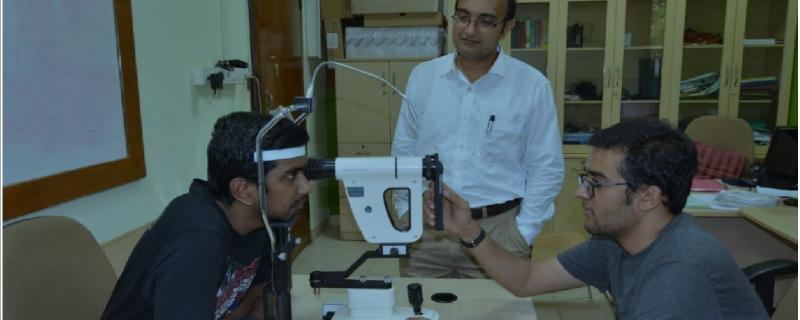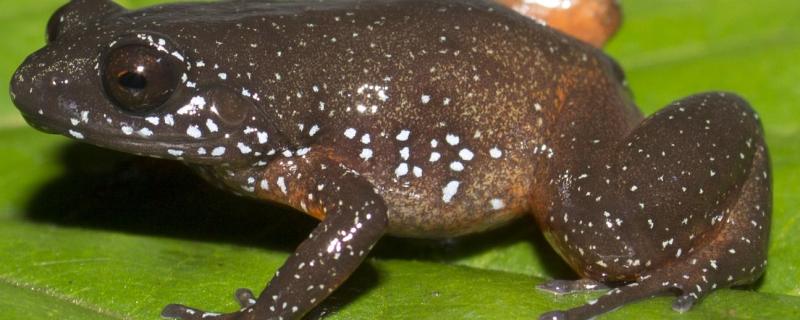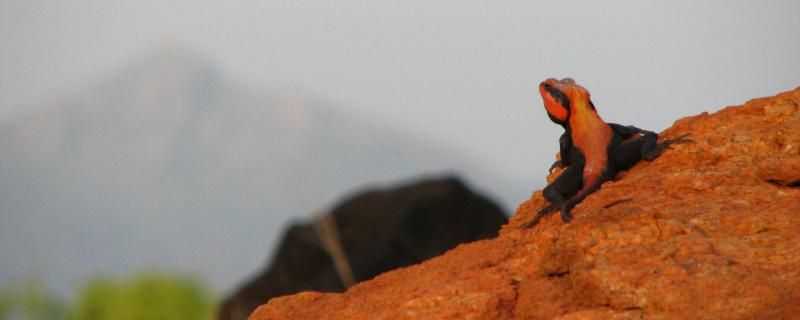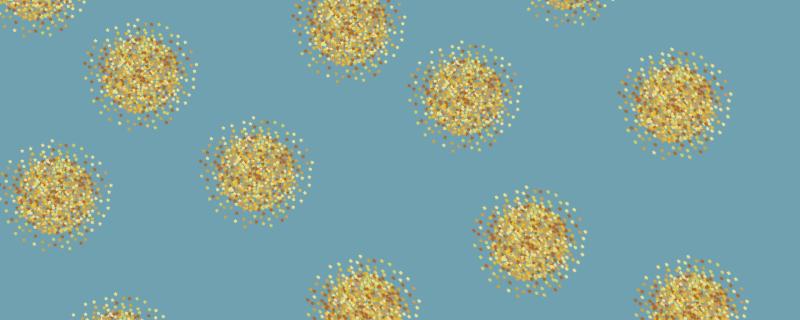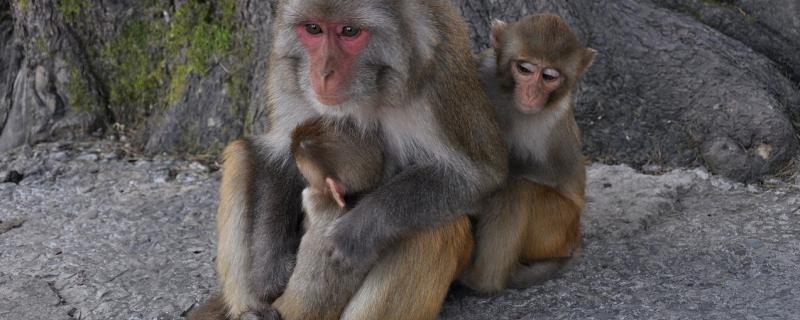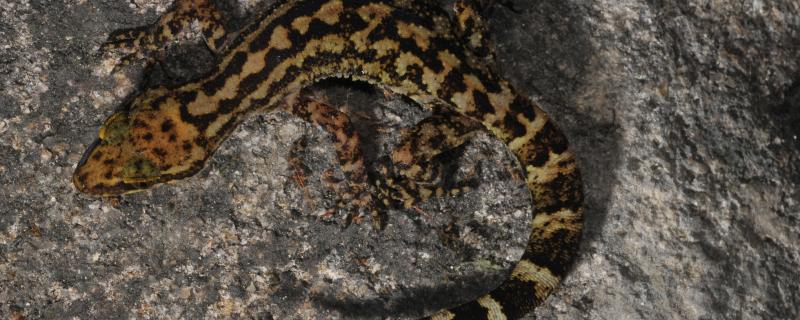This week, from the 10th to the 16th of March, is observed as the World Glaucoma Week globally, to spread awareness of glaucoma—a group of eye conditions that damage the optic nerve and lead to total blindness if left untreated. Glaucoma is the second leading cause of blindness in the world accounting for upto 8% of total blindness.
Researchers from IISST used simple polymethyl methacrylate (PMMA) to partially correct a turbulent laser beam and restore its statistical order.
Thiruvananthapuram/

